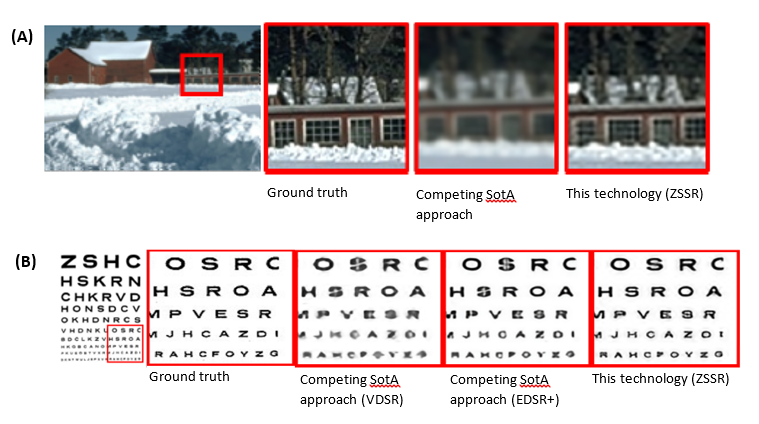Showing 1 to 15 of 2075 results
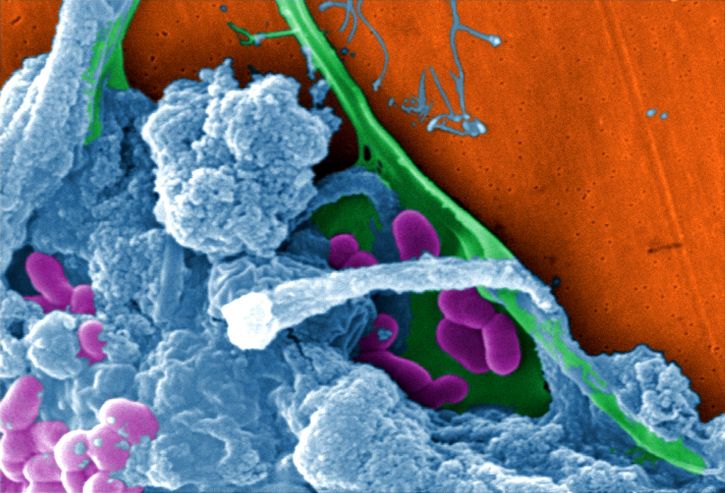

Novel Therapeutic Agent to Target Microbial Biofilms
Patents for licensing Binghamton University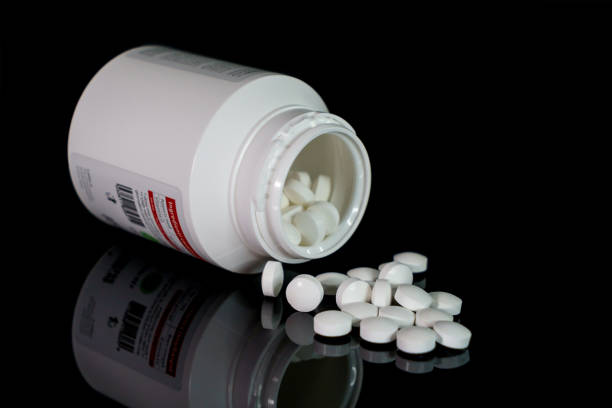

Repurposed Drug for Amplifying the Anti-Depressant Effects of Ketamine
Patents for licensing Yeda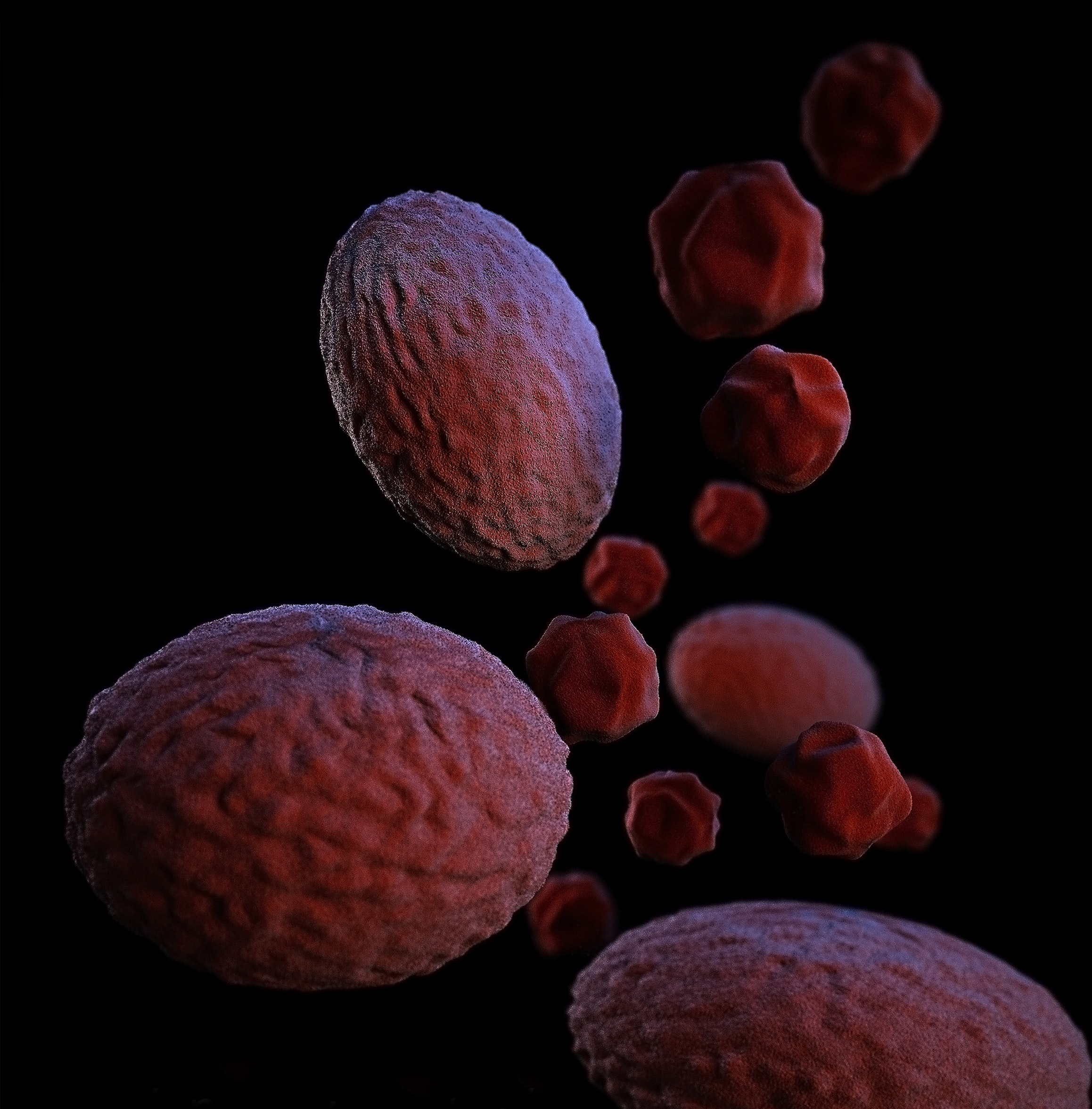

A seminatural ingredient drug for triglcyeride lowering
Investment Opportunities in Startups and Spinoffs Robert DiSilvestro
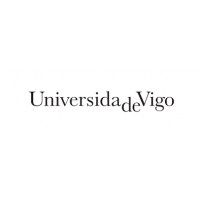
Ultrafast quantum random number generator Authors: Marcos Curty, Valerio Pruneri, Morgan Mitchell and Marc Jofre
Patents for licensing University of Vigo

Cathepsin K Targeted Library for offer
Innovative Products and Technologies Otava Research Institute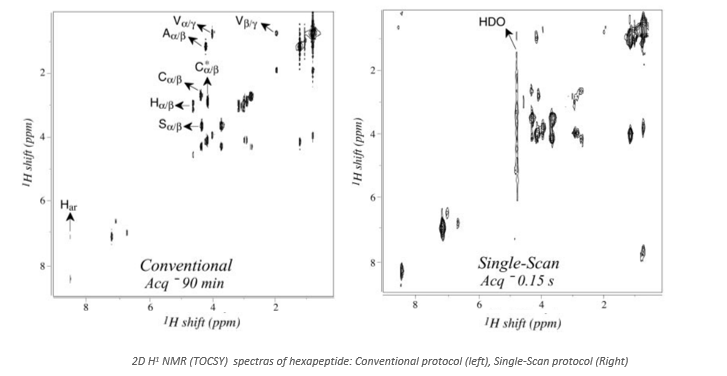

Acquisition of Multidimensional NMR Spectra in a Single Scan
Patents for licensing Yeda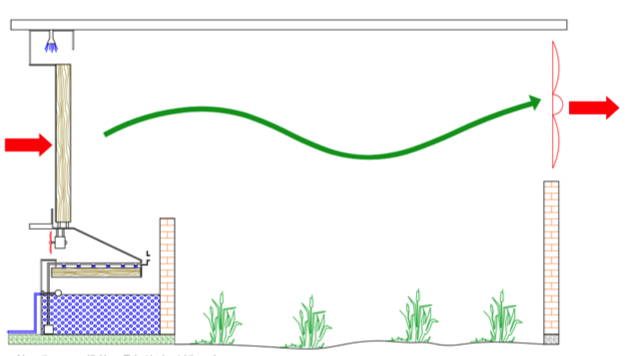

Enhance cooling in Evaporative Air condition and greenhouses for Agriculture
Innovative Products and Technologies Jazan University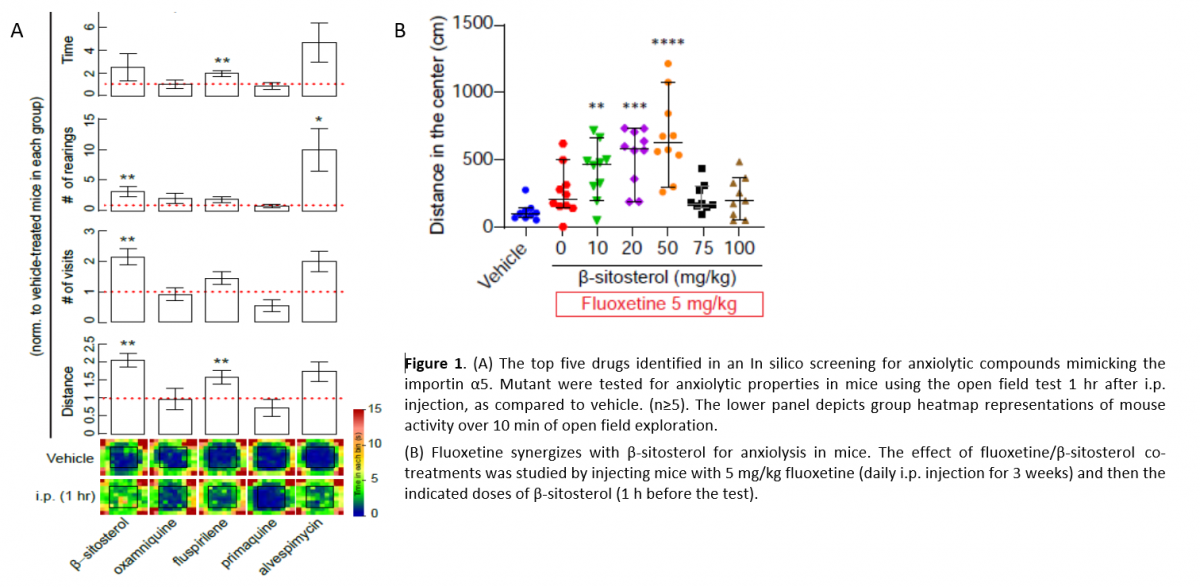

Treatment of Psychiatric Disorders by Inhibiting Importin Alpha 5
Patents for licensing Yeda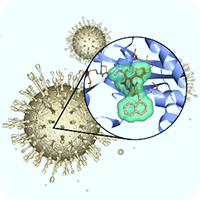

SARS-CoV-2 Helicase Targeted Library
Innovative Products and Technologies Otava Research Institute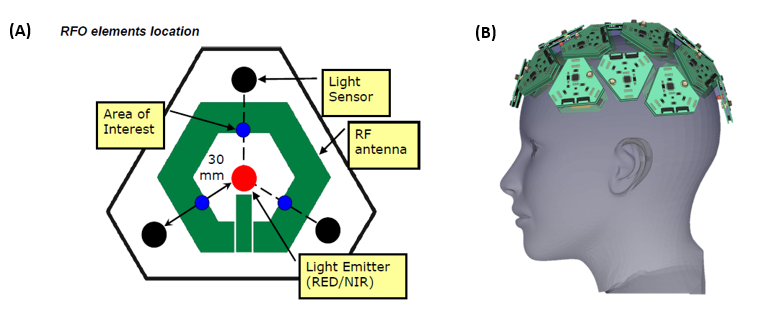

Multimodel Transcranial Optical Vascular Assessment
Patents for licensing Yeda

Variable flow pump for longitudinal displacement
Patents for licensing UATEC - Unidade de Transferência de Tecnologia

DC BRAIN - Optimise Your Networks in Real Time
Innovative Products and Technologies EIT Digital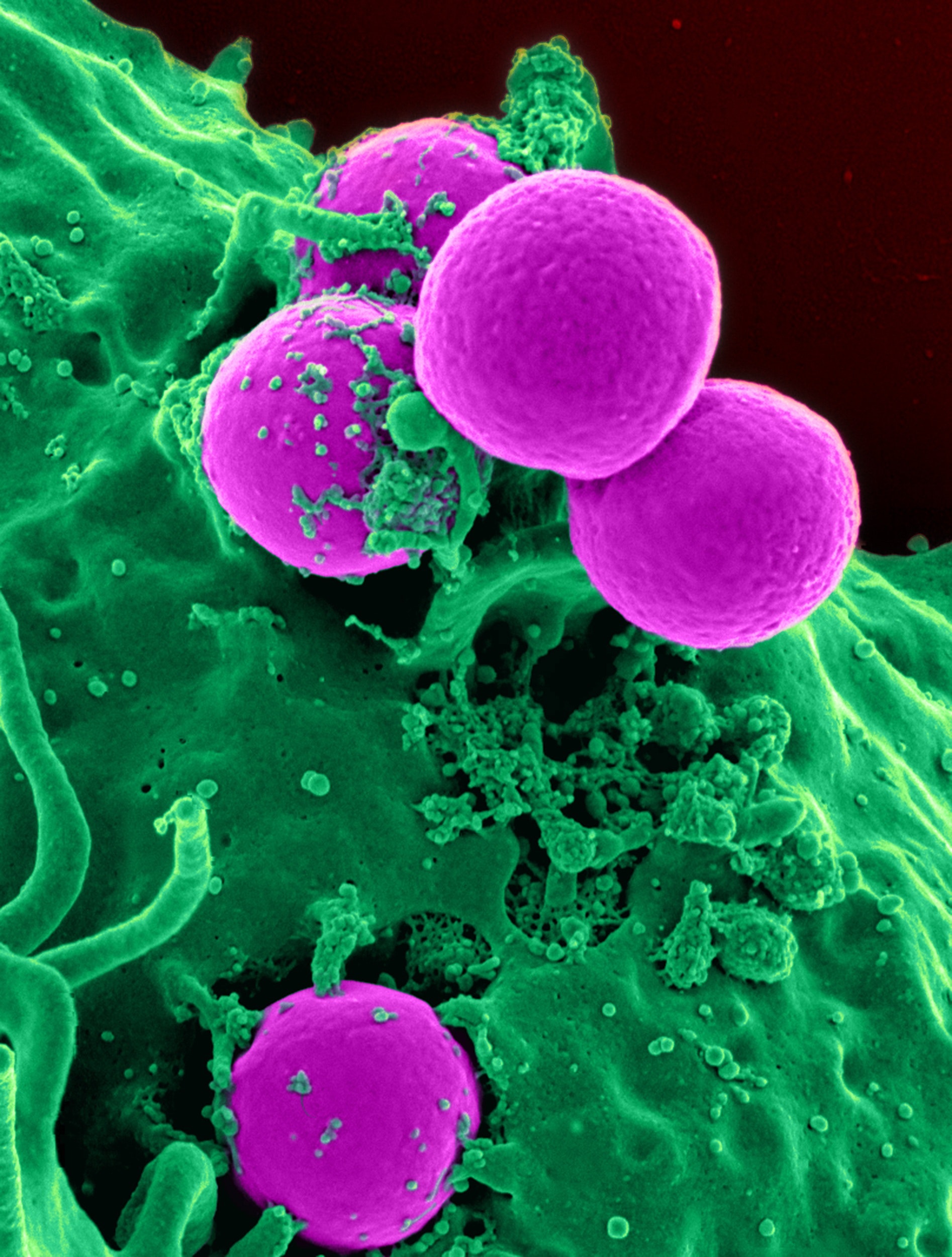

Device for measuring ATP release from red blood cells
Patents for licensing Jagiellonian University
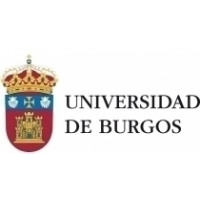
Syrupy products powder preparation method
Patents for licensing UNIVERSIDAD DE BURGOS